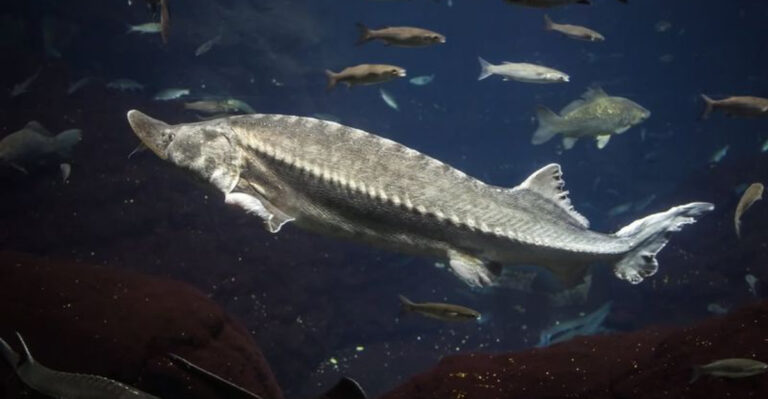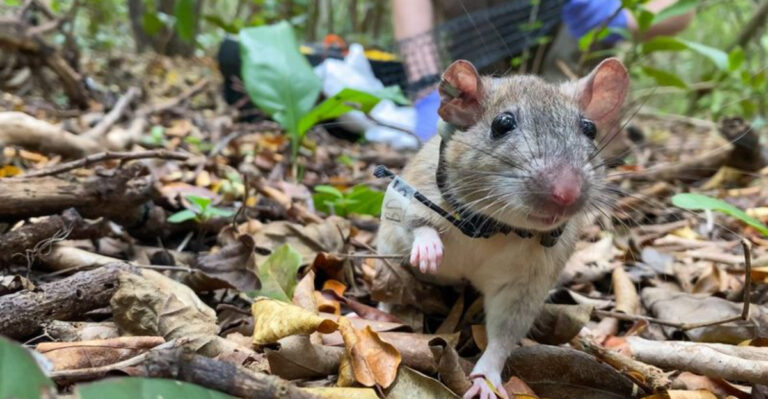Scientists Discover 60 Potential New Species In Chile’s Ocean Depths
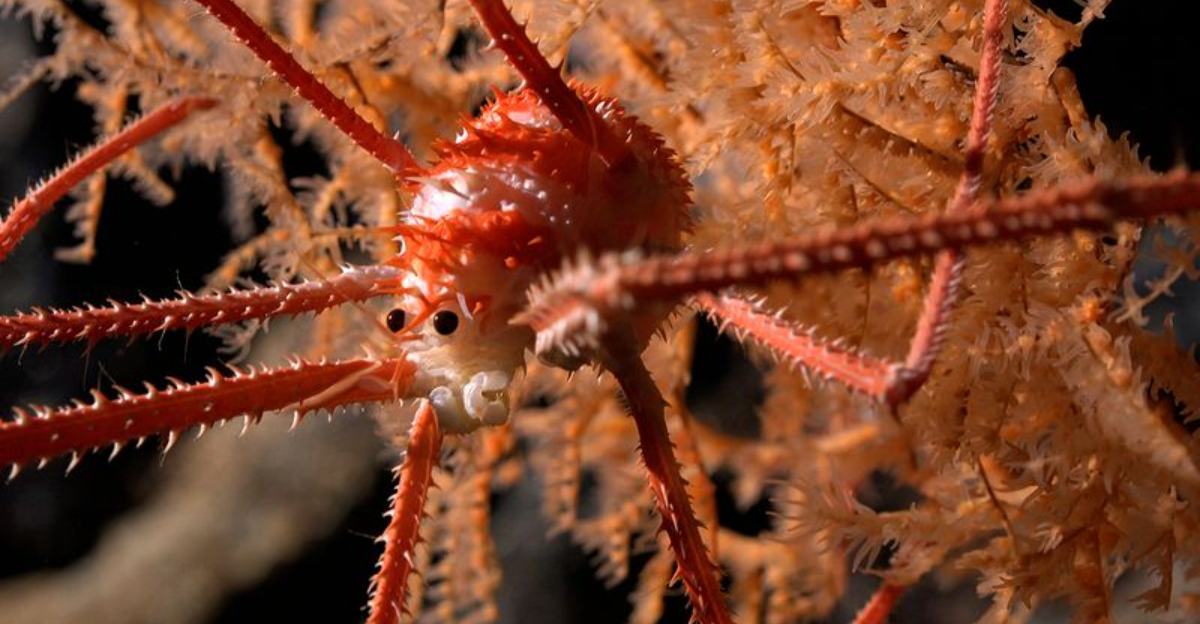
A recent undersea expedition off the coast of Chile has unveiled a remarkable discovery: 60 potential new species of marine life lurking in the ocean depths.
This groundbreaking exploration provides a fresh look into the mysterious underwater world, enriching our understanding of marine biodiversity.
1. The Expedition Team
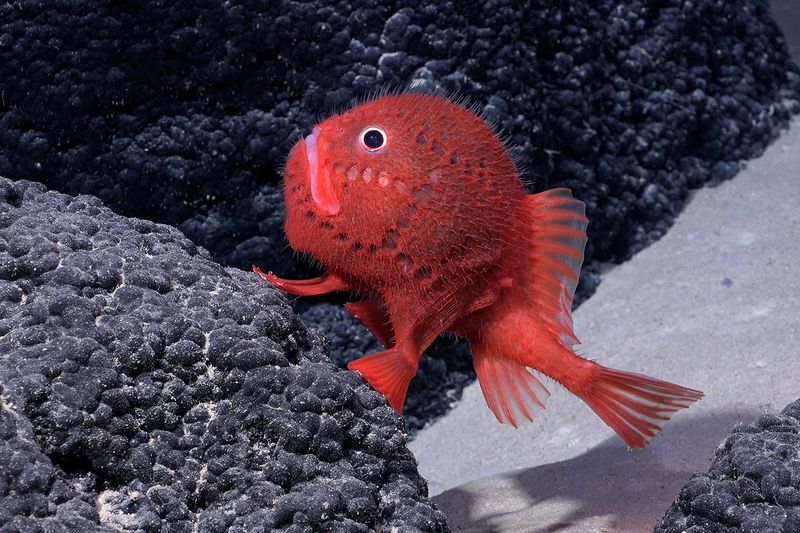
The expedition team, a diverse group of passionate scientists and marine biologists, embarked on a mission to explore uncharted waters off the coast of Chile.
Over the course of several weeks, they delved deep into the ocean, utilizing state-of-the-art technology to uncover hidden secrets.
Their dedication and expertise were pivotal in identifying potential new marine species. Each team member brought unique skills, contributing to the overall success of the mission.
The collaborative spirit and relentless curiosity of this team highlight the importance of teamwork in scientific exploration.
2. Unique Environment
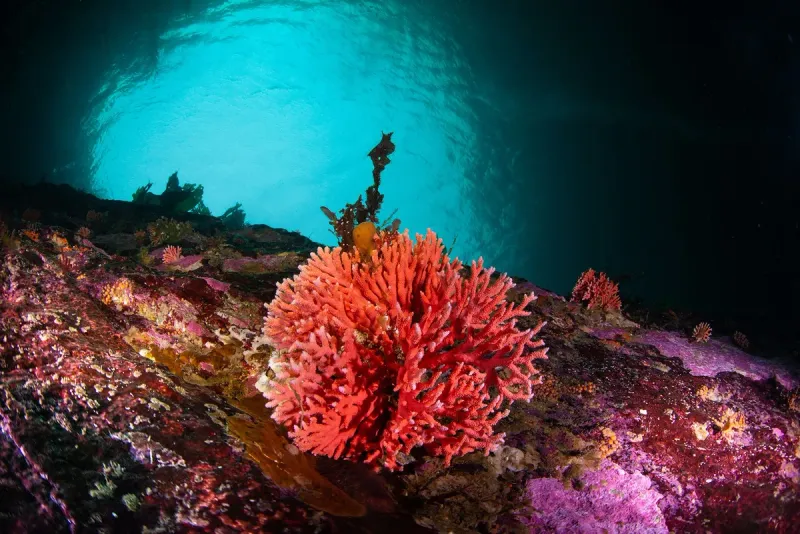
The unique environment of the Chilean ocean depths offers a rich tapestry of biodiversity, creating an ideal setting for new species discoveries.
This remote and largely unexplored region is characterized by its varied underwater landscapes, including volcanic formations and intricate coral structures.
These environments provide shelter and sustenance for a wide array of marine life, fostering the evolution of unique species.
The complexity and vibrancy of these habitats are crucial for supporting the diverse ecosystems found within the ocean’s depths.
3. Technological Innovations
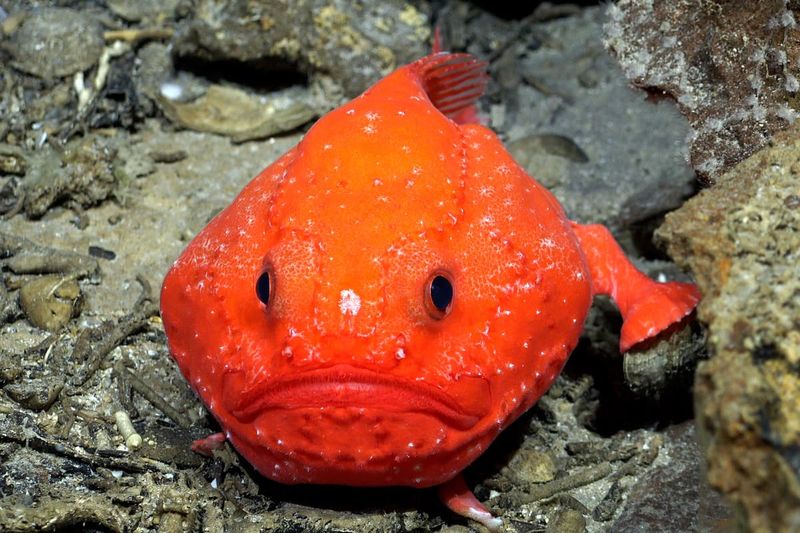
Technological innovations played a vital role in this expedition, enabling scientists to reach previously inaccessible depths.
Advanced underwater drones and high-resolution cameras were deployed to capture detailed images of the ocean floor and its inhabitants. These cutting-edge tools allowed researchers to document their findings with unprecedented clarity.
The integration of technology in marine exploration continues to push the boundaries of what we know about the underwater world, opening up new possibilities for future discoveries.
4. Potential New Species
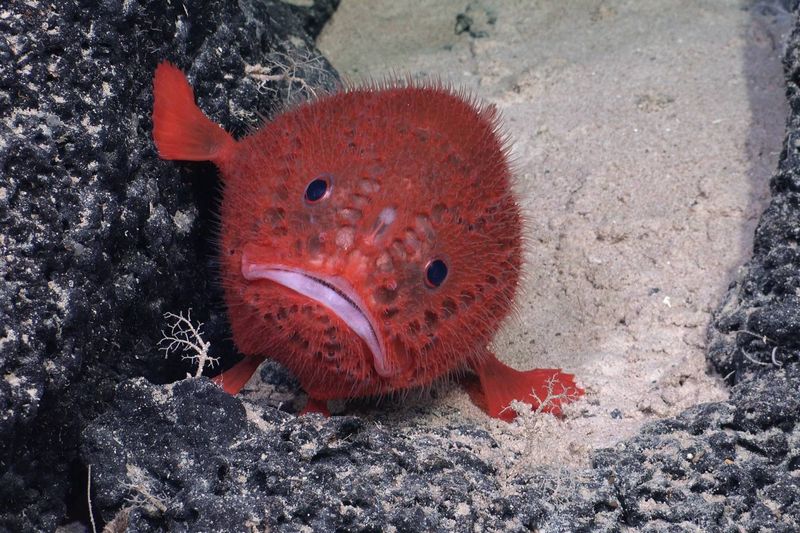
Among the exciting discoveries were 60 potential new species, ranging from peculiar fish to intriguing invertebrates.
Each new find adds a piece to the puzzle of marine biodiversity, offering insights into evolutionary processes and adaptations.
The identification of these species is just the beginning, as further analysis will determine their uniqueness and ecological roles.
These discoveries emphasize the vast unexplored diversity of life beneath the waves and the continuous need for scientific inquiry.
5. Impact on Science
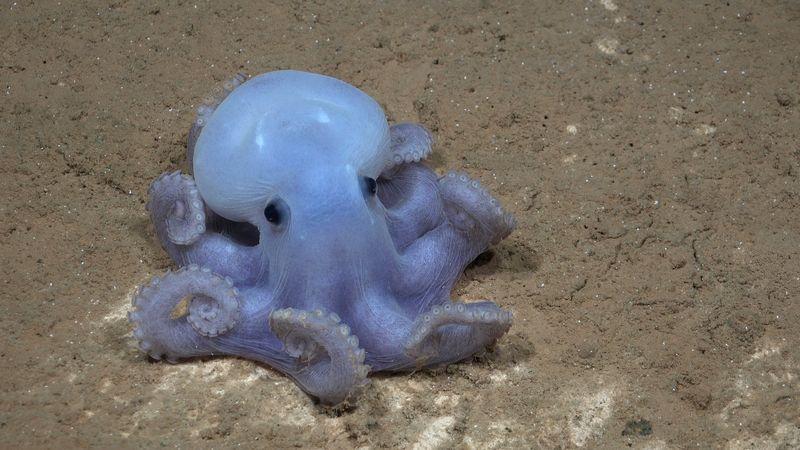
This expedition has had a profound impact on the scientific community, providing valuable data that will influence future research in marine biology.
The discoveries challenge existing knowledge, prompting scientists to reevaluate theories about oceanic life.
The newfound species offer opportunities for studying ecological interactions, genetic diversity, and evolutionary history.
This research not only enriches scientific understanding but also highlights the importance of preserving marine ecosystems for future generations.
6. Ecological Significance

The ecological significance of these discoveries cannot be overstated. Each new species plays a role in the intricate web of life within its ecosystem, contributing to overall biodiversity and ecological balance.
Understanding these interactions helps scientists assess the health of marine environments and the impacts of human activities.
Protecting these ecosystems is crucial for maintaining the resilience and productivity of the ocean, which in turn supports human livelihoods and global environmental stability.
7. Conservation Efforts
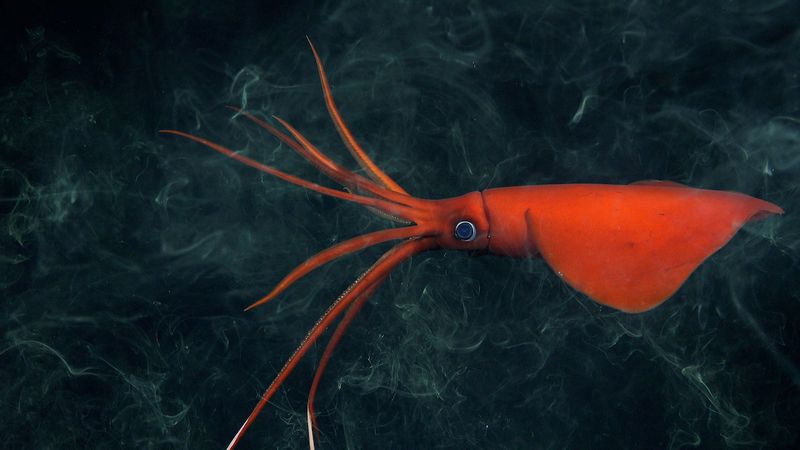
The revelation of new species underscores the need for enhanced conservation efforts in the region.
Marine conservationists are actively working to protect these newly discovered habitats, implementing strategies to minimize human impact and preserve biodiversity.
Engaging local communities and raising awareness about the importance of marine conservation are vital components of these efforts.
By safeguarding these ecosystems, we ensure the survival of unique species and contribute to the overall health of the planet.
8. Future Research Opportunities
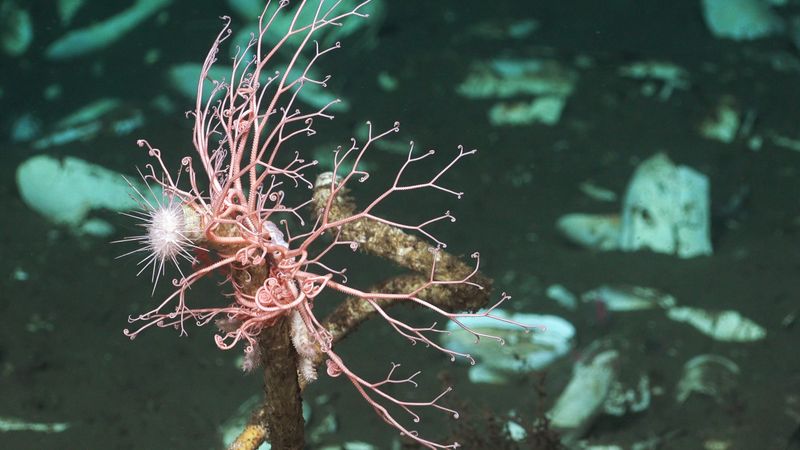
The expedition has paved the way for future research opportunities, encouraging continued exploration of the ocean’s depths.
Collaboration between scientists, governments, and conservation organizations will be essential in advancing our understanding of marine ecosystems.
Future studies may uncover even more species, providing further insights into the complexities of life underwater.
This ongoing research is critical for informing conservation policies and ensuring the sustainable management of ocean resources.




